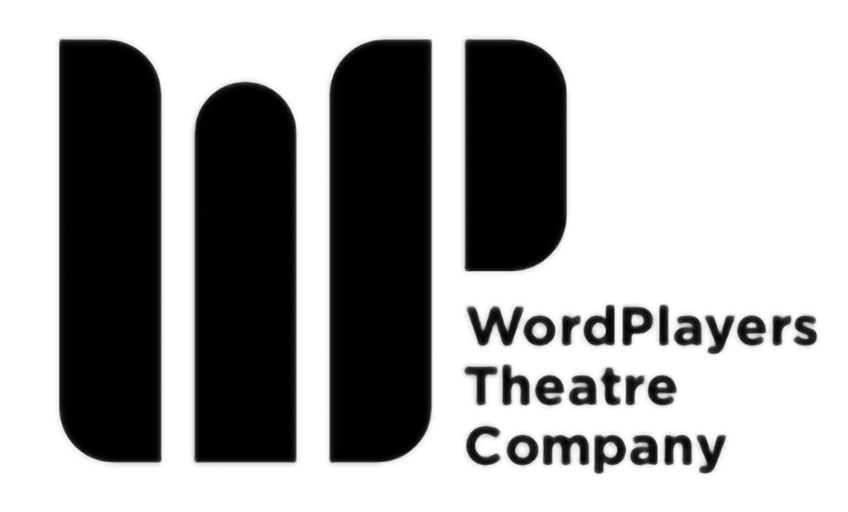An actor steps onto a darkened stage. In moments, a soft light transforms the stage into a living room on a winter afternoon. The audience joins the actors by actively participating in the remembering of a story.
Drama literally means action. In a drama, someone’s memory takes form through the action of the body. The actors and audience experience this memory together. A past story enters the present moment.
This form of remembering is ancient. Though ancient Greece is often credited with giving the world theatre, this active remembering stretches further back to the creation of the world. Humans were created with the power to embody ideas and memories in speech and body.
Ancient Israel was commanded to remember by rehearsing their story. Consider the Passover meal. Every year, the children of the children of the children of the children who were slaves in Egypt ate a meal as an active form of remembering God’s hand of deliverance from Egypt. All those who remembered brought the past into the present and confessed the Lord as their Deliverer.
This embodied form of remembering extended through all of Israel’s festivals and meditations upon the law. Jesus participated in this active remembering. He fulfilled and transformed the Passover meal in a living memory of His own body and blood offered for the world.
Theatre is not the same as the Lord’s Supper.
But theatre does have the opportunity to rehearse, recite, remember stories that highlight the grace and mercy of God. For a few moments, the once dark stage becomes a place of living memories. We experience these stories in our thoughts, our emotions, our bodies.
Think about this as you join us for future play. May we learn to remember well.
May we all join together as actors and audience, rehearsing tales that reflect the goodness of the Lord in the land of the living.
